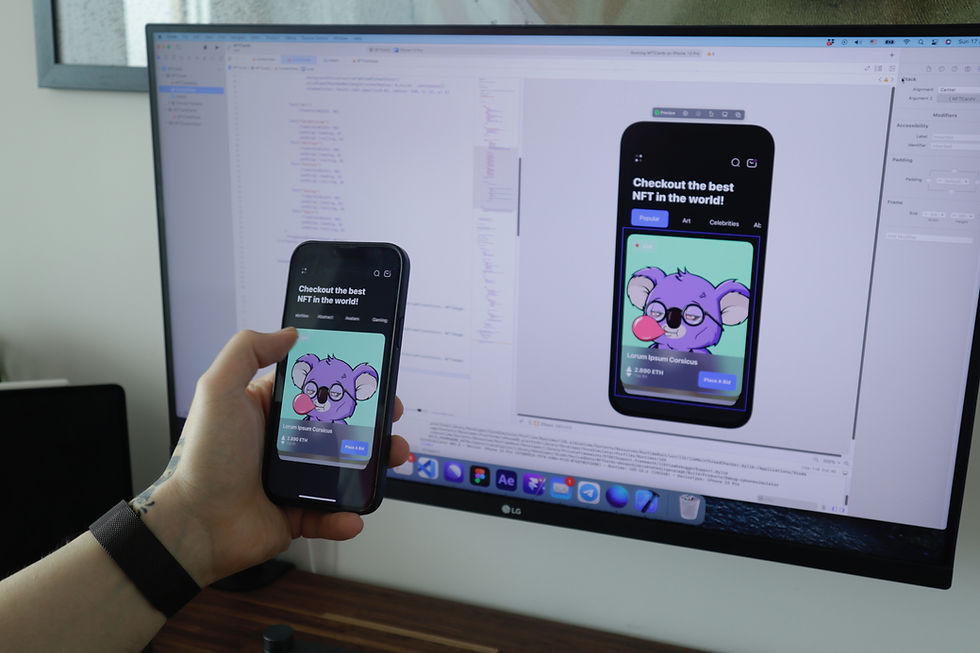How to detect HTTP(S) call issues in mobile apps?
- Don Peter

- Nov 14, 2019
- 2 min read
Updated: Sep 24, 2022
Most of the mobile and wearable apps will have a cloud back end with which they communicate using APIs. Any failure in this communication may result in unexpected outcomes and broken features. It is very difficult for developers to be aware about any such problem once the app has gone live.
Finotes provides a simple-to-implement feature to detect HTTP(S) issues. Adding a single line of code will enable Finotes to monitor all API calls originating from the app. For implementation details visit documentation for iOS (Swift and Objective-C) and Android (Java and Kotlin).
Finotes monitors HTTP(S) calls for duplication of calls, error status codes and delay in receiving response (based on bandwidth strength). The bug report will contain request details including request header, query parameters, request body, response header and response body size.
Is it important to detect API call issues in app side? Here is our blog on why it is - Detecting API issues in mobile app.
Below is the bug report of an API call issue. The response status code indicates that the URL is wrong and the possible reason is that the user id mentioned in the URL does not exist. This is a bug that need to be fixed in the client side. It's a common mistake that the app sends wrong information in URL, header, query parameters or body and such issues need to be fixed at app side. Also it's very difficult to track some API issues like duplicate API call and delay related issues in server side.

This detailed report will enable the development team to reproduce and fix these issues faster.
Finotes provide a mechanism to mask sensitive header parameters, like authentication token. The SDK will not even send the value of that parameter, instead a ★ is sent. This will help developer to confirm that there is a value for that parameter, but it is masked. Refer documentation for iOS (Swift and Objective-C) and Android (Java and Kotlin).
Visit finotes.com to know more about Finotes. Detailed documentation is available at docs.finotes.com.



Comments